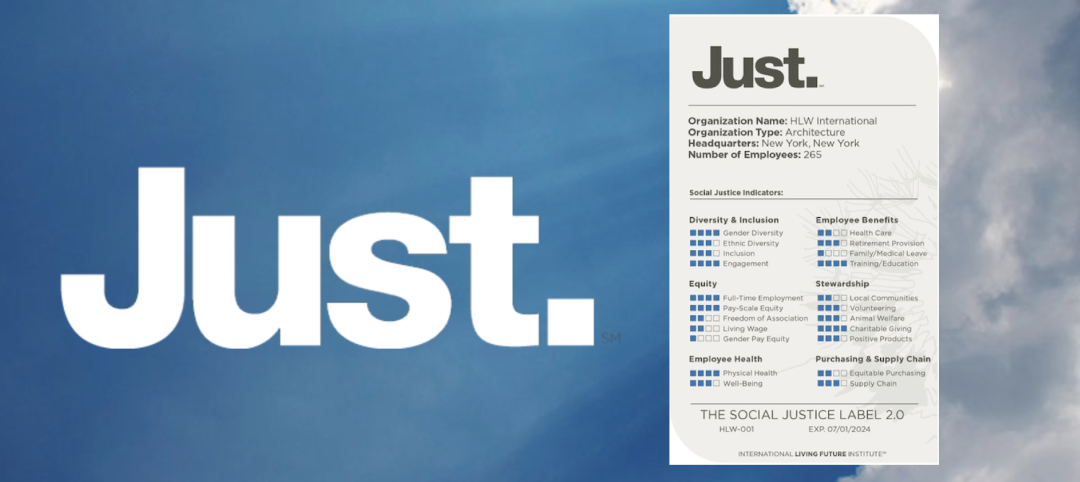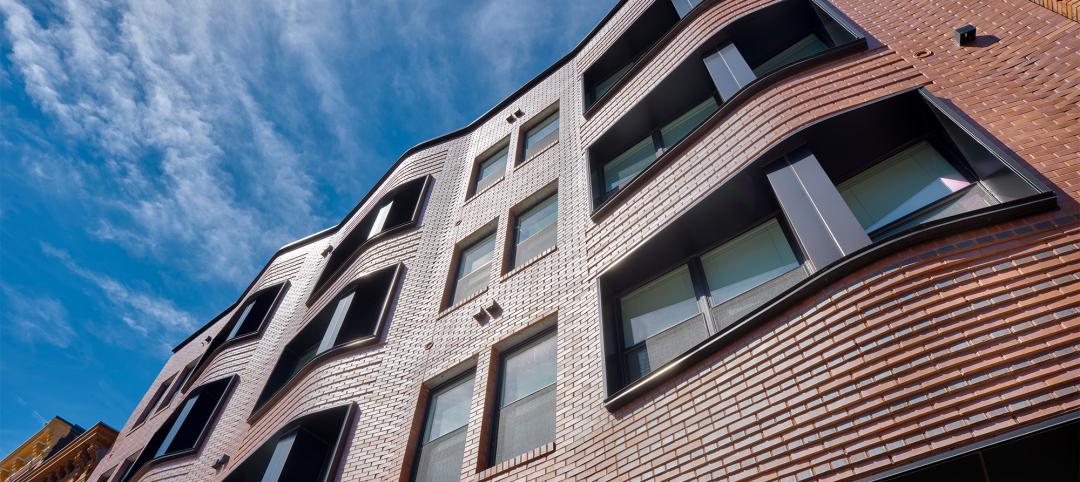The American Concrete Institute (ACI) and Concrete Reinforcing Steel Institute (CRSI) announce the launch of the new Adhesive Anchor Installer Certification program.
In the summer of 2006, a portion of the concrete ceiling of the Central Artery/Tunnel Project in Boston, Mass., also known unofficially as the “Big Dig,” collapsed, killing a motorist and injuring another. The National Transportation Safety Board (NTSB) released its accident report soon after and made recommendations to several parties, including the American Concrete Institute. The recommendation to ACI was to use its “building codes, forums, educational materials, and publications to inform design and construction agencies of the potential for gradual deformation in anchor adhesives under sustained tensile-load applications.”
“As part of the process of adopting the design procedures into the ACI 318 Building Code, it became clear to the ACI 318 Code Committee members that a certification program was imperative for successful installation of these anchors under certain conditions,” explained Neal Anderson, CRSI Vice President of Engineering. “This connection type should be thought of as being similar to a structural weld, in that an adhesive anchorage is usually a key load carrying connection in a structure. As such, proper training and certification is crucial for its proper installation.”
As part of the overall response to the recommendations of the NTSB, ACI has partnered with the Concrete Reinforcing Steel Institute (CRSI) to develop a certification program for Adhesive Anchor Installers. Additionally, Adhesive Anchor Installer Certification is a new requirement in ACI 318-11, Building Code Requirements for Structural Concrete, for anchorages in sustained tension loading conditions and installation orientations from horizontal to vertically upward (overhead). ACI 318-11 was recently released.
To satisfy the new ACI 318-11 certification requirements, the following components of the ACI / CRSI certification program were developed by ACI Committee 601-A and its main oversight body, ACI CPC – Certification Program Committee:
• Development of a 75-question written examination – The exam covers information on adhesive concrete anchor installation in regards to preparing for installation, drilling anchor holes, cleaning anchor holes, injecting adhesive using cartridge systems, installing adhesive capsule systems, and installing anchors. The exam was developed under the direction of Professional Testing Services of Orlando, Fla., in accordance with recognized ANSI guidelines.
• Development of a performance exam – Candidates must be able to read, comprehend, and execute the generic Manufacturer’s Printed Installation Instructions (MPII) for the installation of an anchor in a vertical-down position, and the ability to inject adhesive to the proper depth into simulated holes in an overhead (vertical-up) position with both a rigid applicator tip and flexible stinger end with piston plug in a manner that produces results meeting program requirements.
The performance examination required creation of a generic MPII, representing the combined content of typical MPIIs from the various anchor manufacturers. In working with the Concrete Anchor Manufacturers Association (CAMA), a generic set of installation instructions was developed for use the performance portion of the certification program.
ACI and CRSI completed two pilot programs earlier this year with a total of 35 participants taking both the written and performance examinations. Based on the results of the pilot programs, passing score criteria were finalized for both the written and performance components of the exam.
At the present time, the ACI/CRSI Adhesive Anchor Installer Certification program is going to market in specific geographical areas. Typically, ACI Certification programs are sponsored and conducted by Local Sponsoring Groups (LSGs), which include ACI chapters and other concrete-related businesses and associations around the world. To date, more than 30 LSGs have signed on to prepare and eventually conduct this certification program. Presently, the following groups have undergone the LSG orientation class and are currently positioned to offer the Adhesive Anchor Installer Certification program: ACI Illinois Chapter, ACI Eastern Pennsylvania & Delaware Chapter, and the ACI San Diego International Chapter. Other LSGs are in the process of being oriented into the program mechanics. The phase-in period is expected to be commensurate with the adoption of ACI 318-11 into revised editions of local building codes and/or incorporation of the requirements into project construction documents by licensed design professionals.
As with many of ACI’s certification programs, a training program is currently in development for the Adhesive Anchor Installer Certification program to allow certification candidates to train and study before taking the certification tests.
The training program is expected to be ready by the end of 2011.
A directory of ACI Local Sponsoring Groups that conduct certification testing can be found by visiting the following website: http://www.concrete.org/CERTIFICATION/CERT_SPON.HTM. BD+C
Related Stories
Multifamily Housing | Mar 14, 2023
Multifamily housing rent rates remain flat in February 2023
Multifamily housing asking rents remained the same for a second straight month in February 2023, at a national average rate of $1,702, according to the new National Multifamily Report from Yardi Matrix. As the economy continues to adjust in the post-pandemic period, year-over-year growth continued its ongoing decline.
Affordable Housing | Mar 14, 2023
3 affordable housing projects that overcame building obstacles
These three developments faced certain obstacles during their building processes—from surrounding noise suppression to construction methodology.
Healthcare Facilities | Mar 13, 2023
Next-gen behavioral health facilities use design innovation as part of the treatment
An exponential increase in mental illness incidences triggers new behavioral health facilities whose design is part of the treatment.
Student Housing | Mar 13, 2023
University of Oklahoma, Missouri S&T add storm-safe spaces in student housing buildings for tornado protection
More universities are incorporating reinforced rooms in student housing designs to provide an extra layer of protection for students. Storm shelters have been included in recent KWK Architects-designed university projects in the Great Plains where there is a high incidence of tornadoes. Projects include Headington and Dunham Residential Colleges at the University of Oklahoma and the University Commons residential complex at Missouri S&T.
Mixed-Use | Mar 11, 2023
Austin mixed-use development will provide two million sf of office, retail, and residential space
In Austin, Texas, the seven-building East Riverside Gateway complex will provide a mixed-use community next to the city’s planned Blue Line light rail, which will connect the Austin Bergstrom International Airport with downtown Austin. Planned and designed by Steinberg Hart, the development will include over 2 million sf of office, retail, and residential space, as well as amenities, such as a large park, that are intended to draw tech workers and young families.
Performing Arts Centers | Mar 9, 2023
Two performing arts centers expand New York’s cultural cachet
A performing arts center under construction and the adaptive reuse for another center emphasize flexibility.
Architects | Mar 9, 2023
HLW achieves Just 2.0 label for equity and social justice
Global architecture, design, and planning firm HLW has achieved The International Living Future Institute’s (ILFI) Just 2.0 Label. The label was developed for organizations to evaluate themselves through a social justice and equity lens.
Architects | Mar 9, 2023
A. Eugene (Gene) Kohn, Co-Founder of Kohn Pedersen Fox, dies at 92
A. Eugene (Gene) Kohn, FAIA RIBA JIA, Co-founder of international architecture firm Kohn Pedersen Fox, died today of cancer. He was 92.
Affordable Housing | Mar 8, 2023
7 affordable housing developments built near historic districts, community ties
While some new multifamily developments strive for modernity, others choose to retain historic aesthetics.
Architects | Mar 8, 2023
Is Zoom zapping your zip? Here are two strategies to help creative teams do their best work
Collaborating virtually requires a person to filter out the periphery of their field of vision and focus on the glow of the screen. Zoom fatigue is a well-documented result of our over-reliance on one method of communication to work. We need time for focus work but working in isolation limits creative outcomes and innovations that come from in-person collaboration, write GBBN's Eric Puryear, AIA, and Mandy Woltjer.

















